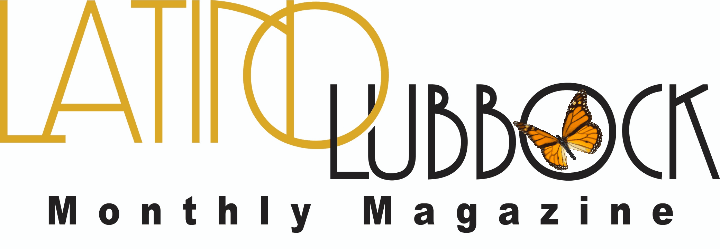Local Leaders Sound Alarm on Administration's Plan to Eliminate CDBG Funding During National Com

Washington, D.C. – In the middle of Community Development Week (April 17-22), mayors and local leaders across the country today lifted their voices in support of the many accomplishments of the Community Development Block Grant (CDBG) program and its ability to positively impact residents and transform communities.
On a national press conference call today with reporters, officials vowed to fight Administration plans to eliminate the CDBG program in next year’s federal budget explaining that the program, which is celebrating 40 years, has an effective and bipartisan legacy.
Newton (MA) Setti Warren, who Chairs the Conference’s Community Development and Housing Committee said on today’s call, “Simply put, this proposal to eliminate CDBG funds would make our cities and communities less safe, less healthy and more expensive to live in. Mayors across the country are dismayed and extremely concerned to see these steep cuts proposed at HUD. The CDBG program provides so many with vital resources; and in this age of economic inequality, this program helps to build a foundation of economic opportunity. … At a time when cities are continuing to struggle to make ends meet, these funds are critical and cutting them would be a disaster. … It is our ask that the Administration reconsider this proposal and we urge Secretary Carson and his staff work with us and visit our communities to see the positive effects of that CDBG funds are making across the country.”
As the most flexible stream of federal dollars allocated directly to local governments that can be used for broad purposes, Community Development Block Grants touch the lives of nearly every American in some fashion. Administered through the Department of Housing and Urban Development, CDBG funds reach more than 7,000 rural, suburban and urban communities, which rely on the funding to enhance the lives of residents, namely low and moderate income people, in a wide variety of ways, many innovative – including housing investments, public infrastructure improvements, enhanced public safety services, employment training, as well as services for seniors, youth and the disabled.
Conference Second Vice President Columbia (SC) Mayor Steve Benjamin said, “The President’s proposal is really the elimination of time-tested and effective government grant programs. Mayors are simply asking for the tax dollars that we send to Washington to be repatriated home so we can give working families an opportunity to live the American dream in the city of their choice. The President’s proposal is unacceptable and would hamstring local development when our cities and citizens can least afford it. We are appealing to the Congress to reject this proposal as wrong-headed and harmful to America’s communities.”
Benjamin also discussed local actions in Columbia to support the CDBG program and explained that mayors across the country are showing their support for the CDBG in a variety of ways including local events, proclamations and social media using the hashtag #Fight4CDBG.
Piscataway (NJ) Mayor Brian Wahler, who serves on the Conference’s Advisory Board, stressed the economic impact of CDBG funds on communities. “Most people do not realize that CDBG funds allow cities and towns to raise revenue for infrastructure. We can actually prime local economies for growth by leveraging these public dollars to raise private funding by using the CDBG as down payments on much larger projects. This program has experienced very few hiccups over the years, and is probably one of the easiest ways to make major infrastructure upgrades and create jobs. Targeting this program for elimination simply doesn’t make sense.”
Tarrant County (TX) Commissioner Roy Charles Books who serves as First Vice President of The National Association of Counties explained that CDBG funds are just as critical to counties across the United States as they are to cities, said, “This block grant encourages partnerships between the federal and local government, non-profits and private industry to focus on community revitalization, infrastructure rehabilitation, affordable housing, and public services. Through CDBG, we are expanding local investment and economic development efforts in our community.”
“CDBG continues to be one of the most powerful tools we have in the community development toolbox. I have long championed this program and I will continue to do so. We are asking Congress to ensure funding at current levels that are essential to our counties, neighborhoods and communities all over the United States,” he continued.
National Community Development Association President Shreveport (LA) Bonnie Moore, explained the origins of Community Development Week, “We are now celebrating 43 years of the Community Block Grant program. This program has had significant impact on community revitalization and renewal efforts throughout many low-income communities and without it we would be have very limited resources to help our poorest and most vulnerable residents. Over 300 jurisdictions are participating in Community Development Week to educate both community and our Congressional members on the many benefits of the CDBG program.”
USCM CEO & Executive Director Tom Cochran noted that the Conference has launched a fierce fight to protect this program from being eliminated. “We are encouraging mayors to sign onto a bipartisan letter to Congress in support of the CDBG and are also seeking mayoral responses for a USCM survey on the varied uses of CDBG funds,” said Cochran.
“We intend to show why CDBG funds are vital to so many urban, suburban and rural communities.
Because of the program’s effectiveness, this campaign has garnered support among small businesses and non-profit organizations in communities across the country. We are in this effort to win it.”














